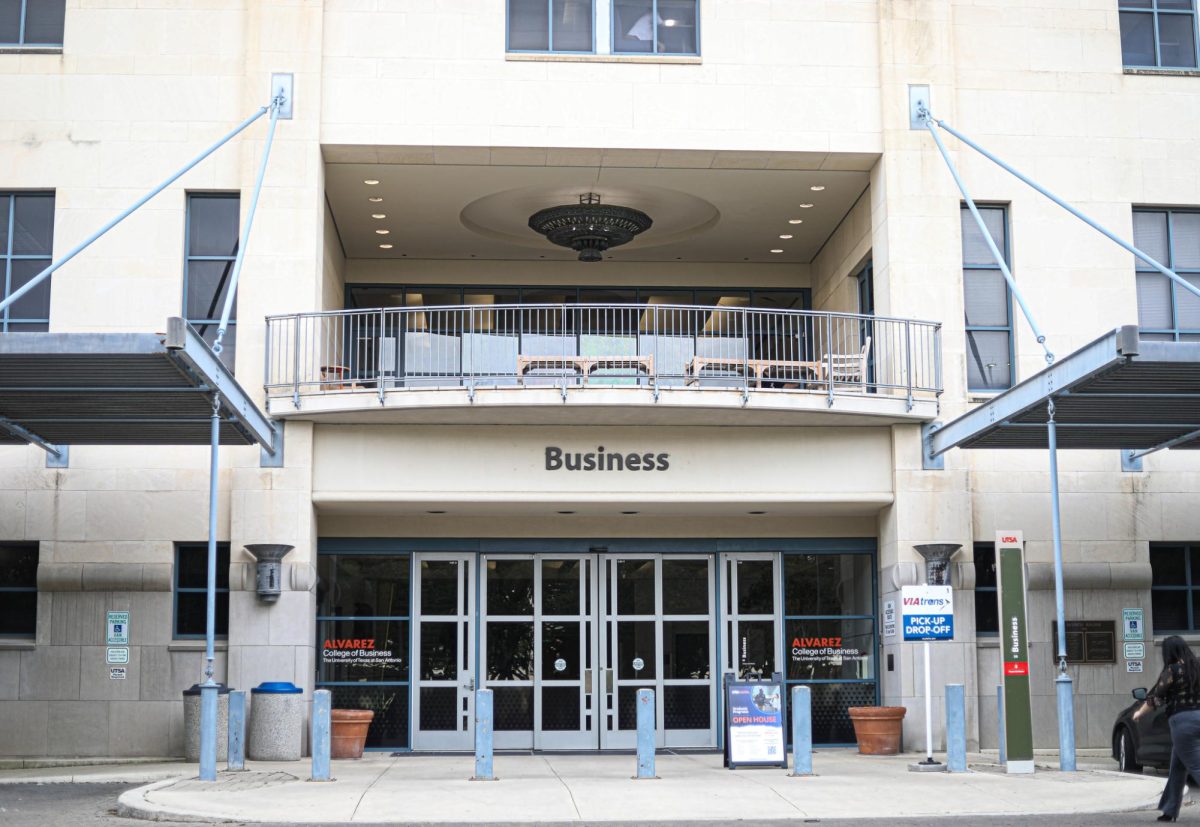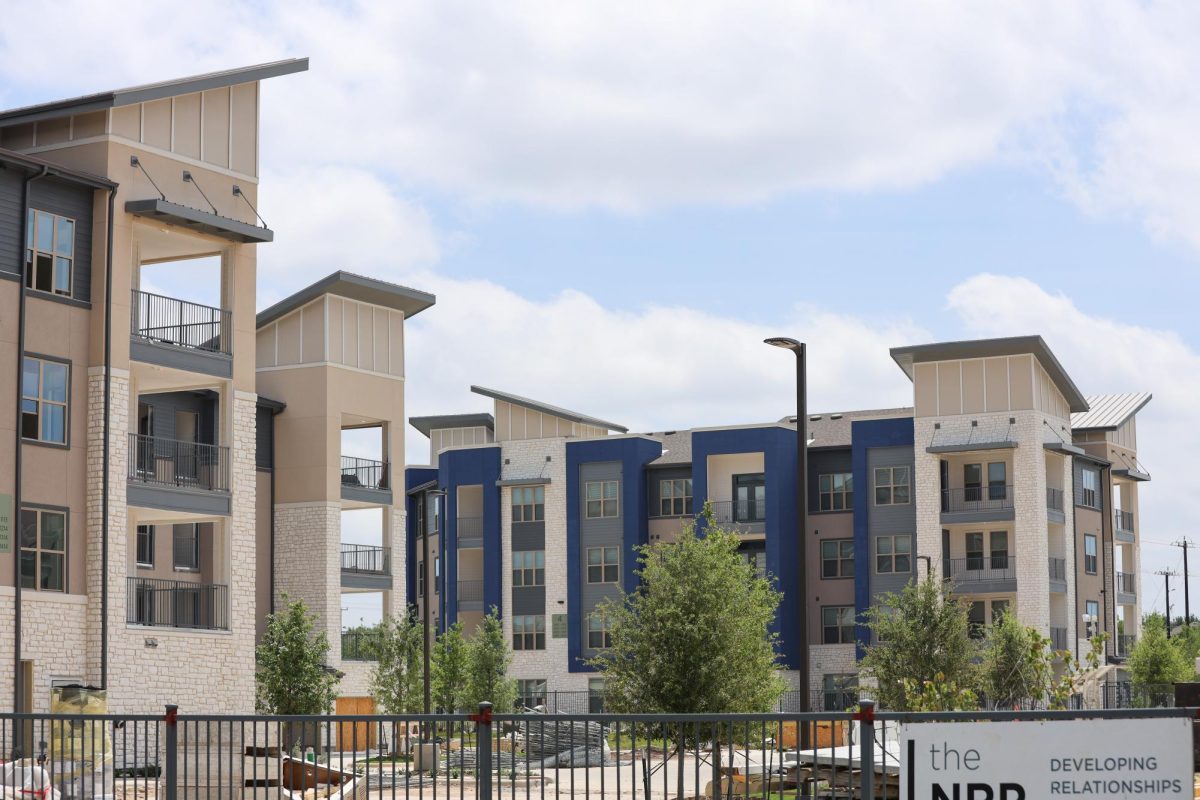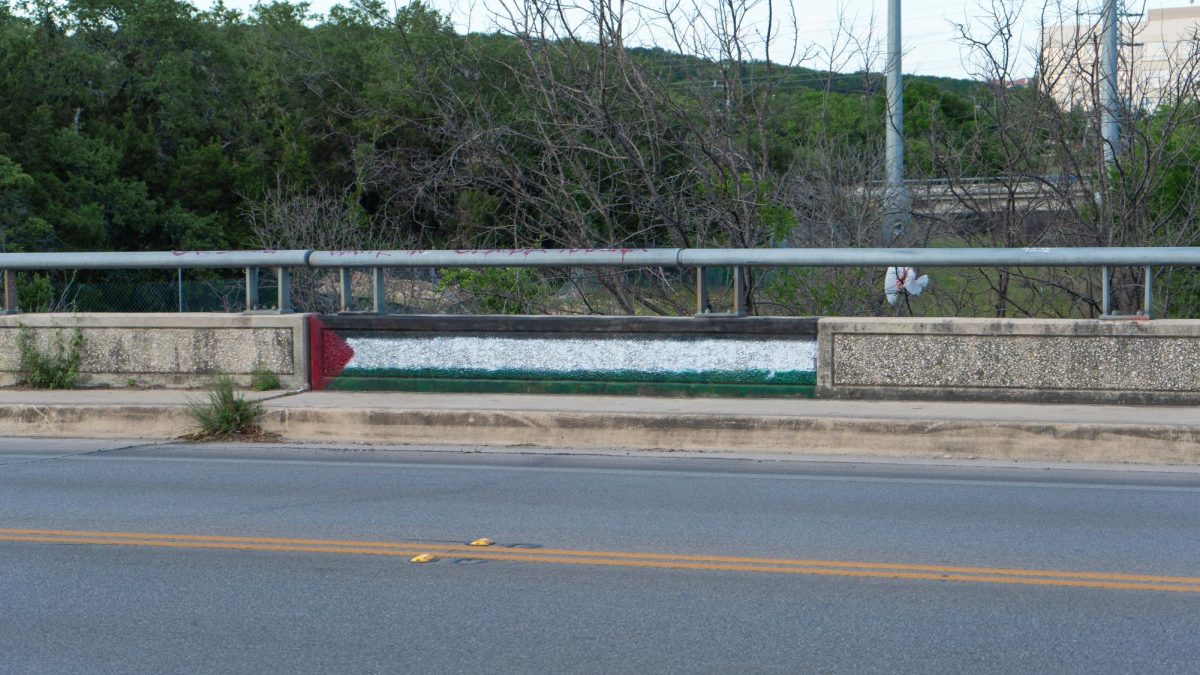UTSA voter turnout for the recent Student Government Association (SGA) elections and the SGA budget approval has led SGA’s judicial branch to charge itself with the inherited goals of revising their constitution, formulating a way to increase voter turnout and developing a process to help new justices transition into their positions.
The recent election received 598 votes, about 1.8 percent of the student population, and the budget approval did not include allocating additional funds to the judicial branch.
“I think that coming into elections, we were unaware of a lot, so that kind of hurt us in the process of doing the elections. Of course we did them, but I don’t think that we did them in the most effective way because we were unaware of so many different things,” Justice Jarmanese Davis said.
“A big complaint I’ve heard is RowdyLink being inaccessible, but third-party student government software is prohibitively expensive. It would consume more than our current budget, but at the same time, we didn’t make an effort, we didn’t know to ask for more,” Justice Conner Aldrete said. “$830 is a lot of fliers and pizza, but for change, structural change and how they are actually done, we have to have more money.”
According to Davis and the other two justices who were residing during the elections, Chief Justice Kenzey Bucey and Aldrete, they received little guidance from the previous justices who graduated this past spring and were unaware of their judicial responsibility to promote and run the recent election until the day before it closed.
“It wasn’t really anyone’s fault. It was just honestly bad timing,” Bucey said.
“Andrew Shelnut, Drew, has done as much as possible to facilitate our integration into SGA, but [since] he’s the faculty advisor, he has a lot on his plate,” Aldrete said.
SGA’s judicial branch is supposed to be composed of five justices, but before the most recent meeting on Sept. 26, there were only three justices: Bucey, Aldrete and Davis. Brittany Garcia, former SGA president, appointed the three of them, none of whom were members of SGA before their appointments, and they underwent senate questioning at the end of the Spring 2019 semester.
The justices, who are not required to attend general assembly meetings or the leadership summit and have tenured term limits, are responsible for interpreting the constitution and resolving internal conflicts, but their main objective is running elections.
SGA’s justices have inherited the task of revising the constitution from their predecessors.
“It is more of an intensive revision,” Aldrete said. “It would essentially replace the constitution, they would have to ratify a new one.”
During the SGA general assembly on Sept. 26, the SGA senate voted in Clara Akwarandu as the fourth justice.
Akwarandu hopes to use her experience as an SGA senator to help improve the judicial branch’s functioning. She would like to ensure that at least one justice attends every SGA general assembly at least until open forum ends, so that justices are more available to SGA members and that they can increase their transparency.
“I’m going to do whatever it takes to fulfill my responsibilities,” Akwarandu said during the questioning for her appointment. “Anything that allows for room for growth and improvement on campus and happier students, anything that we can agree to that is not specific in the constitution, I am for.”
“The highest I’ve been able to find in the last five years was five percent turnout,” Aldrete said. “That’s a realistic goal if we had to set one.”
“I think us just being active and saying something will get something done,” Bucey said. “The past justices, they didn’t go and push for it, I think us just simply doing that is a big step in better elections.”
“Coming into this position, I was told so many disheartening things,” Davis said. “One thing that we kind of touched on when we came into these positions is [that] we kind of want to do something different than what has been done before.”











